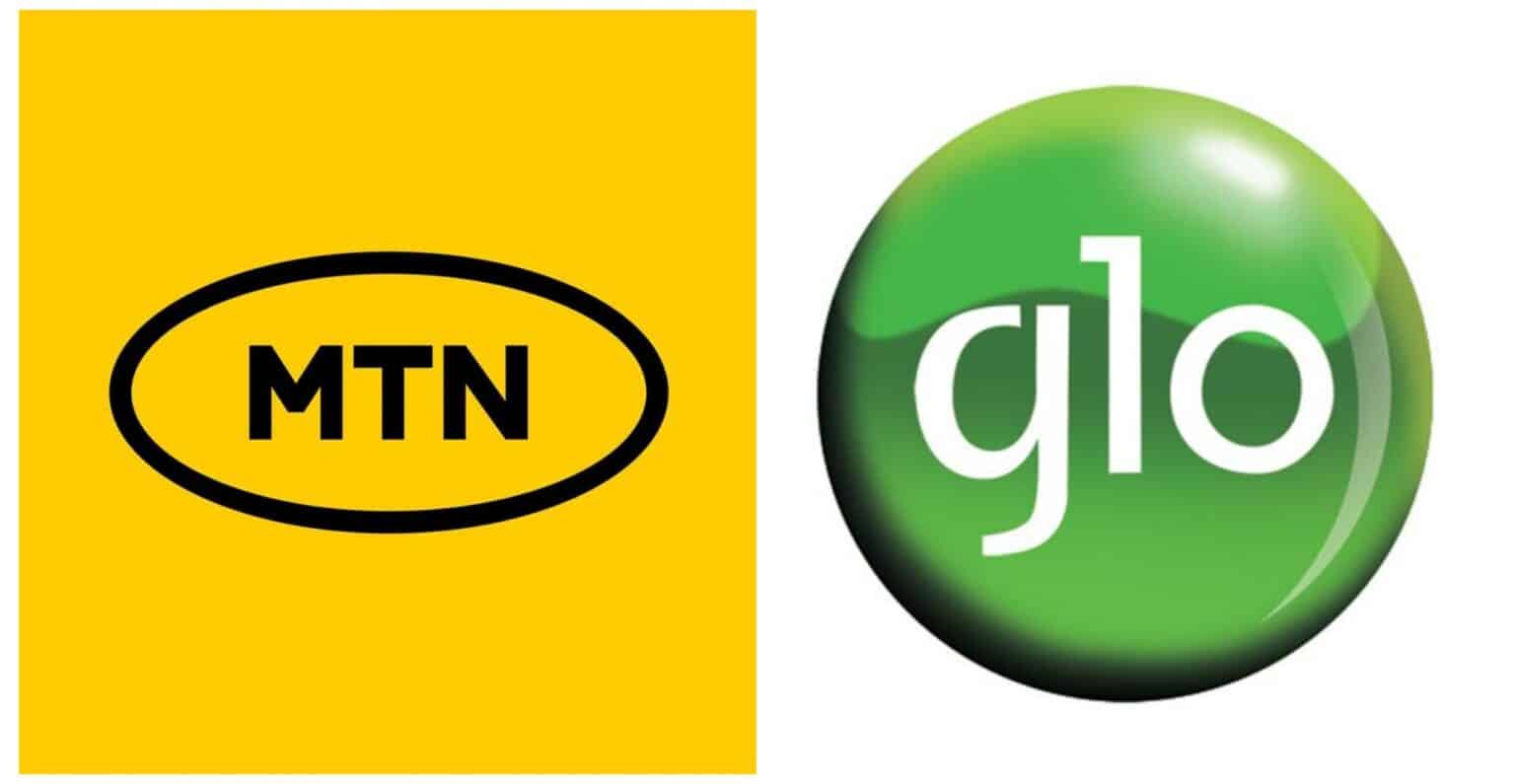Hot Stories
Recent Stories
NCC Approves 50% Tariff Increase for Telcoms, Nigerians To Spend More On Data, Call
Posted by Thandiubani on Tue 21st Jan, 2025 - tori.ngAs a result of the increase, tarriffs have been raised to N16.5 per minute.

A 50% increase in call tariffs has been approved by the the Nigerian Communications Commission (NCC).
As a result of the increase, tarriffs have been raised to N16.5 per minute.
Based on the 2023 national telephone traffic data, this hike could result in telecom operators generating over N6.74 trillion in revenue by 2025 if call volumes remain consistent. Consequently, Nigerians may collectively bear this cost.
However, this projection excludes potential impacts from free and discounted call promotions, which could affect actual revenue.
Data from the NCC’s 2023 Subscriber/Network Performance Report revealed that Nigerians spent approximately 408.5 billion minutes on local calls in 2023. Outgoing traffic accounted for 205.3 billion minutes, while incoming traffic was 203.2 billion minutes.
MTN dominated call traffic, with 122.7 billion minutes of outgoing calls and 123.8 billion minutes of incoming calls, solidifying its position as the market leader. At the new rate of N16.5 per minute, MTN’s projected revenue from calls alone could exceed N4 trillion, representing over 60% of the market’s total revenue.
Other Operators’ Projections:
Airtel: Estimated revenue of N1.78 trillion.
Glo: Expected revenue of N536.2 billion.
Smaller players, such as Smile and Ntel, are anticipated to earn N5.7 billion and N13.1 billion, respectively.
9mobile: Projected revenue of N105.6 billion.
Impact of the Tariff Hike on SMS Revenue
The tariff adjustment will also increase SMS charges from N4 to N6, with projected earnings from SMS traffic expected to surpass N137.84 billion in 2025.
In 2023, a total of 22.97 billion SMS were sent and received, marking an 11.38% decline from 2022. MTN led the SMS market with 16.79 billion SMS, accounting for over 73% of total traffic and an estimated revenue of N100.72 billion.
The NCC approved the tariff adjustment to address rising operational costs and inflation, which have strained the telecommunications sector. The adjustment aims to enable operators to invest in infrastructure and maintain service quality.
While the NCC capped the increase at 50%, falling below the 100% requested by some operators, consumer groups have expressed concerns. The National Association of Telecoms Subscribers has warned that the tariff hike will worsen the financial burden on Nigerians, vowing to take legal action if consumer concerns are not addressed.
The NCC justified the increase under its regulatory powers as outlined in the Nigerian Communications Act, 2003. It emphasized that the adjustment would remain within the tariff bands established in the 2013 Cost Study and the newly issued Guidance on Tariff Simplification, 2024.
The Minister of Communications, Innovation, and Digital Economy, Bosun Tijani, revealed that the government approved a hike between 30% and 60%, significantly lower than operators’ initial demands.
Consumer groups have urged telecom operators to improve service quality in exchange for the higher tariffs. The Association of Telephone, Cable TV, and Internet Subscribers of Nigeria has warned of legal action if service providers fail to enhance their infrastructure within two weeks of the new rates taking effect in February.
Despite ongoing criticisms, the NCC has assured stakeholders that the tariff hike will be implemented transparently, balancing the interests of both operators and consumers.
Top Stories
Popular Stories
Stories from this Category
Recent Stories






















































